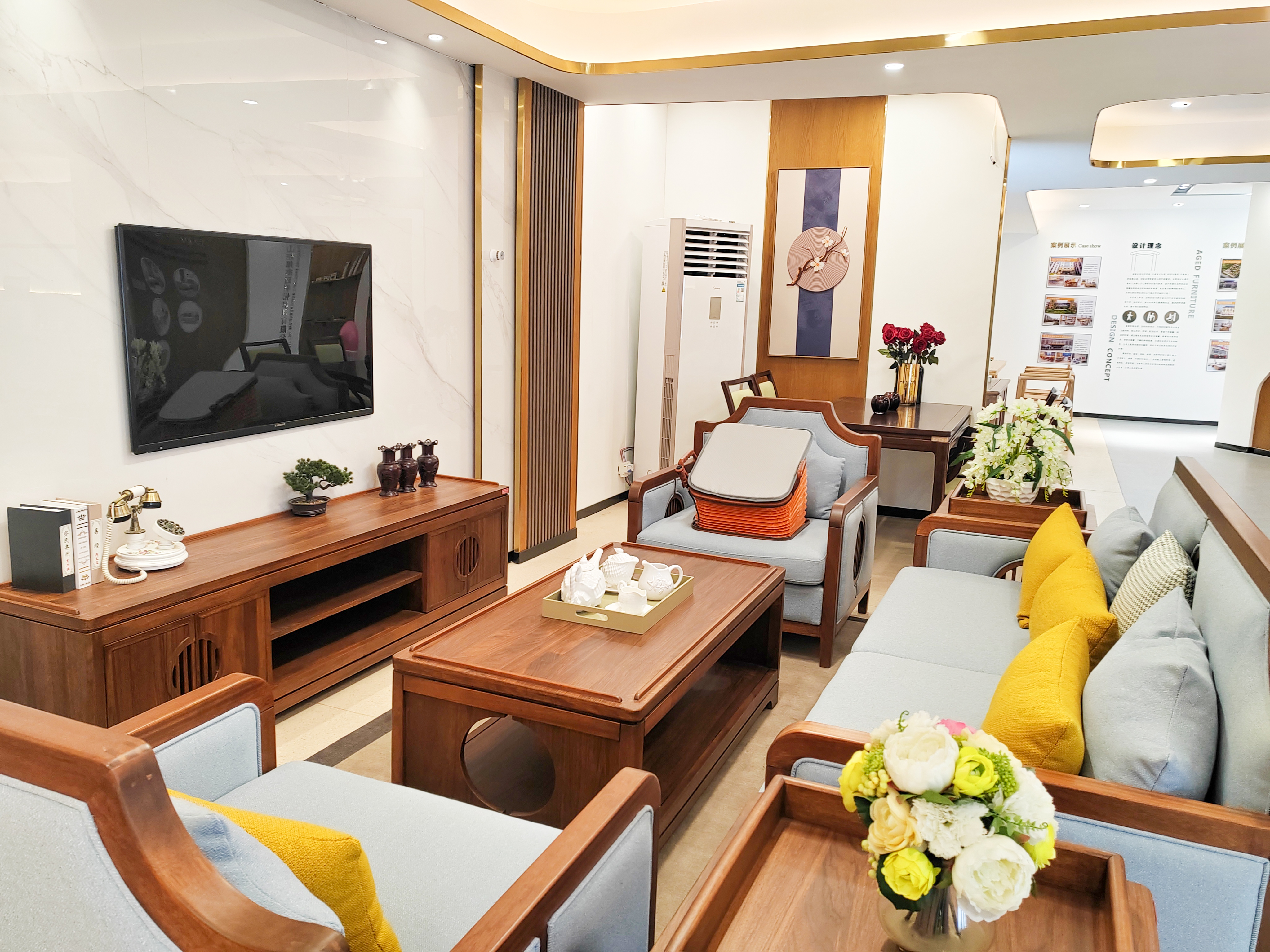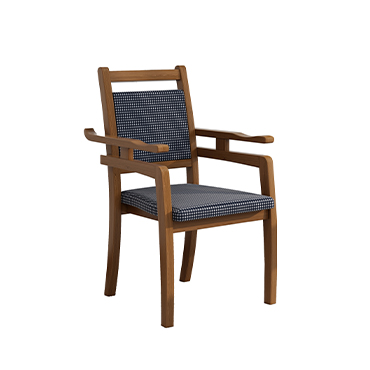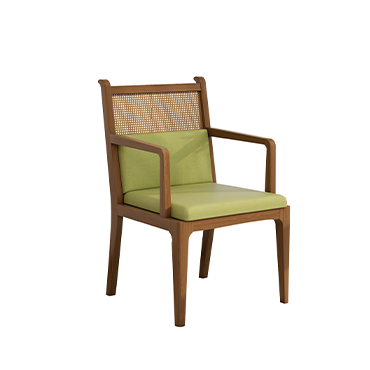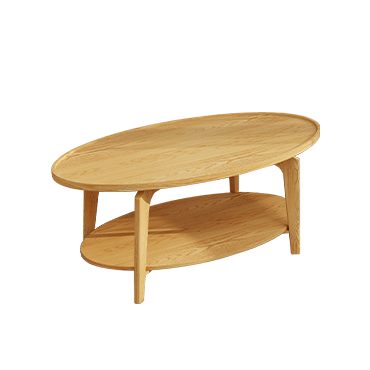Trends in Elderly Care Furniture in the Netherlands: Smart, Sustainable, and Human-Centered
The Netherlands, known for having one of the most comprehensive elderly care systems in Europe, is at the forefront of integrating social welfare, technology, and design in elderly care furniture. With a national policy that promotes "aging in place", the demand for high-quality, smart, and home-friendly elderly care furniture is steadily rising. The key trends in Dutch elderly care furniture include:
1.Human-Centered Design
Dutch elderly care furniture emphasizes user-centered design, catering to both physical and emotional needs of older adults. For example:
Lightweight, mobile structures that allow seniors to reposition furniture easily.
Emotionally comforting designs, such as warm tones and soft materials that create a cozy atmosphere.
Multi-functional furniture, like recliners that convert into care beds, optimizing space and usability.
2.Promoting Independent Living with Gentle Support
The Dutch elderly care philosophy values independence. Furniture is designed to empower self-reliance:
Chairs with armrests and anti-slip seats to support safe standing.
Height-adjustable smart desks, enabling seniors to switch between sitting and standing.
Customized sizes and heights, ensuring ease of use for individuals with different needs.
3.Integration of Smart Technology
The Netherlands is a leader in smart elderly care, and furniture is increasingly equipped with intelligent features:
Sensor-equipped mattresses to monitor sleep and bed-exit behavior, linked to care apps.
Voice-controlled furniture functions, enabling seniors to adjust lighting or backrests using speech.
Emergency alert buttons, integrated into armrests or bed rails, to notify caregivers or family immediately.
4.Eco-Friendly Materials and Sustainability
Sustainability is a national priority in Dutch design, and elderly care furniture reflects this ethos:
A combination of natural wood and recyclable materials, merging beauty and eco-friendliness.
Non-toxic, low-emission finishes, ensuring healthy indoor air quality.
Long-lasting, repairable structures, reducing waste and promoting responsible consumption.
5.Balance Between Institutional and Home Furniture
Dutch elderly care furniture serves both residential homes and care institutions, with tailored approaches:
Wheelchair-accessible dining sets, adapted to communal or clinical settings.
Mobile care beds and convenient storage systems, improving efficiency for caregivers.
Furniture layouts that encourage social interaction, such as open-plan living room setups.
Conclusion
The Netherlands is leading the way in combining human-centric design, smart technology, sustainability, and policy support in elderly care furniture. As global aging continues, the Dutch model offers practical and innovative insights for the future of the industry. With a strong focus on home-based care and smart solutions, the Netherlands will likely remain at the forefront of global elderly furniture innovation.





